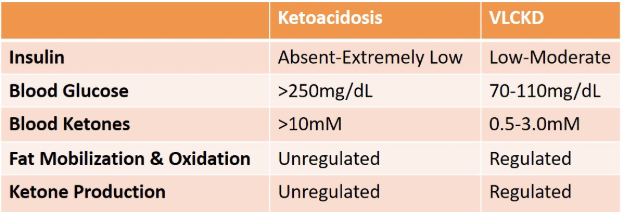Tuna Meatzza
I’m making one of my favorite low carb pizzas – tuna meatzza 🍕 (yes, that means the base is made out of canned tuna!)
Don’t knock it until you’ve tried it! 😋 It’s full of delicious protein, fat and some carbs. And – it’s delicious. It’s also the first time I ever cook in front of the camera. 🐒 This week’s #type1thursday is something else…
Let’s go!
Ps. If you want to watch the whole Cook & Chat (not just the recipe), click here to watch it on my Facebook page!
Tuna Meatzza Recipe
Tuna Meatzza base
2 cans of tuna in brine/natural
1 egg 2 tbsp cream cheese
ca 0.5 dl grana padano cheese
Mix all of it until it becomes a smooth mix. Flatten out between two parchment papers, pre-cook in the oven at 180 Celcius (355 Fahrenheit) for 10-15 minutes.
Meatzza Sauce
1,5 dl Ajvar (turkish vegetable sauce)
1 tbsp tomato puree
1 tsp concentrated bone broth
italian herbs
garlic powder
onion powder
a splash of water
Let simmer until it forms a nice pizza sauce
Tuna Meatzza Toppings
Mozzarella cheese (shredded, without starches!) You can use fresh, too, but it gets waterier.
1 red onion
black olives 😋
After pre-cooking the pizza base, spread on the sauce, followed by the toppings and put it back in the oven for about 10 mins.
Enjoy a low carb, nutritious and delicious meatzza! 🍕 🤤
Disclaimer
The only purpose of this video and website is to educate and to inform. It is no substitute for professional care by a doctor or other qualified medical professional. This video and website is provided on the understanding that it does not constitute medical or other professional advice or services. Instead, we encourage you to discuss your options with a health care provider who specializes in treating Type 1 Diabetes.

